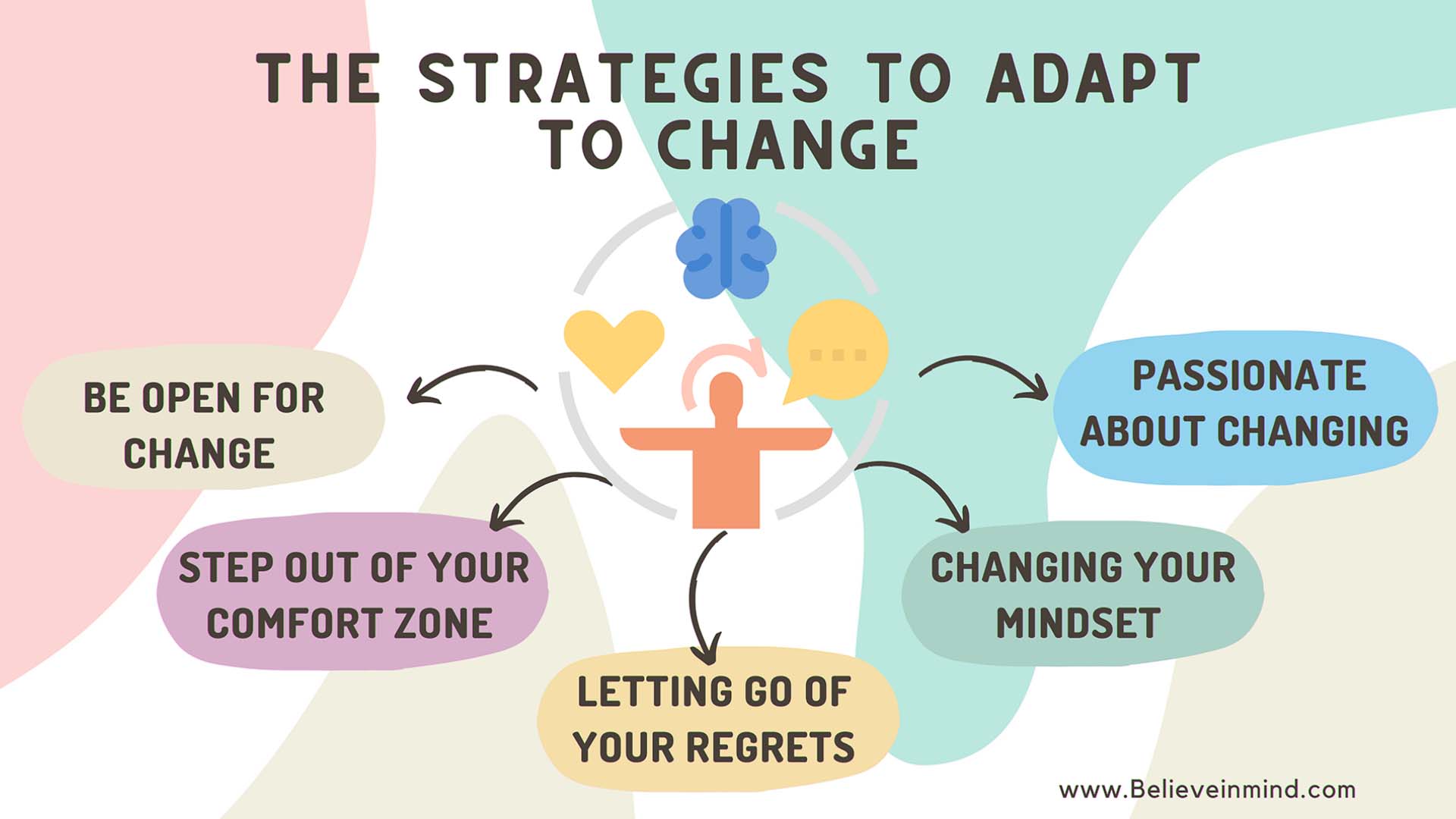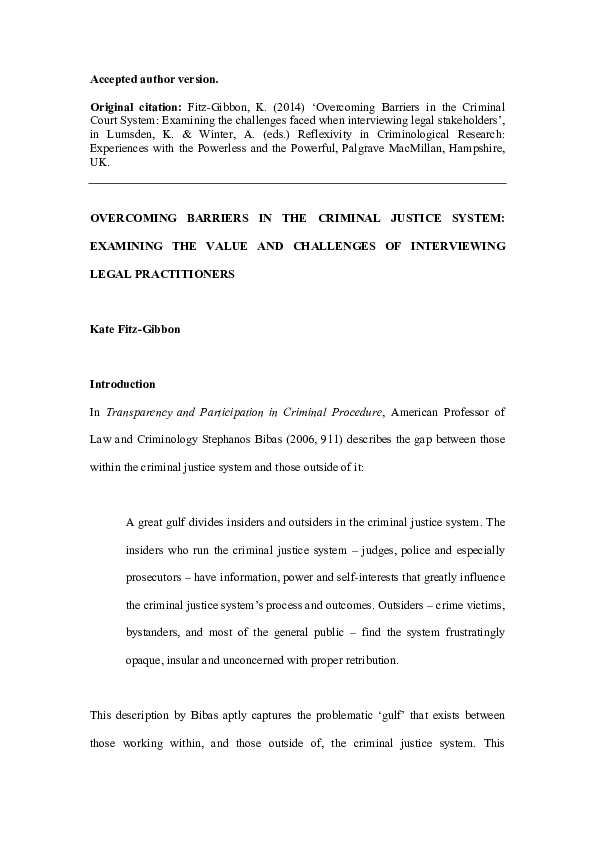The Evolving Good Life: Adapting To Change And Finding Joy

Table of Contents
Embracing Change as an Opportunity for Growth
Change often evokes anxiety. We fear the unknown, clinging to routines and resisting disruption. However, reframing our perceptions of change is crucial for personal growth. Instead of viewing change as a threat, we can see it as a chance for self-discovery and expansion.
Reframing Negative Perceptions of Change
The common anxieties surrounding change—fear of failure, loss of control, and uncertainty—can be overcome by adopting a growth mindset. This involves embracing challenges as learning opportunities and viewing setbacks as stepping stones to success.
- Learning new skills: Change often necessitates acquiring new skills. Embrace this opportunity for personal and professional development. Take online courses, attend workshops, or seek mentorship.
- Stepping outside comfort zones: Growth happens outside our comfort zones. Pushing our boundaries allows us to discover hidden talents and capabilities. Consider taking calculated risks and embracing new experiences.
- Embracing unexpected challenges: Challenges present opportunities for resilience and growth. Instead of avoiding them, learn to approach challenges with curiosity and a willingness to learn from mistakes.
By adopting a positive change perspective and actively seeking opportunities for growth, we can transform our relationship with change itself. Developing adaptability skills is key to navigating this evolving landscape.
Developing Adaptability and Resilience
Building resilience and adaptability requires conscious effort and practice. It's about cultivating inner strength and developing coping mechanisms to navigate the inevitable ups and downs of life.
- Mindfulness practices: Mindfulness techniques, such as meditation and deep breathing, help us stay grounded and present, enabling better response to unexpected changes.
- Stress management techniques: Learn and practice effective stress management techniques, including exercise, yoga, spending time in nature, or engaging in hobbies.
- Cultivating a growth mindset: This involves believing in your ability to learn and grow from experiences, fostering a positive outlook and reducing fear of failure.
By consciously building resilience and incorporating adaptability skills into our lives, we become better equipped to handle life's unpredictable nature. This forms the bedrock of The Evolving Good Life.
Cultivating Joy in Daily Life
Finding joy isn't about chasing fleeting pleasures; it's about cultivating a deep sense of contentment and appreciation for the present moment. This involves focusing on what truly matters and nurturing our well-being.
The Importance of Gratitude and Appreciation
Practicing gratitude is a powerful tool for increasing happiness and overall well-being. By focusing on the positive aspects of our lives, we shift our perspective and cultivate a more optimistic outlook.
- Keeping a gratitude journal: Regularly writing down things you're grateful for can significantly enhance your mood and overall sense of well-being.
- Expressing appreciation to others: Showing gratitude to others strengthens relationships and fosters a sense of connection.
- Focusing on positive aspects of life: Consciously choosing to focus on the positive aspects of your day, even in challenging times, cultivates a more optimistic perspective.
Cultivating happiness is a journey that involves actively practicing gratitude.
Prioritizing Meaningful Relationships and Connections
Strong social connections are essential for emotional well-being. Investing in our relationships nurtures a sense of belonging and provides support during challenging times.
- Nurturing existing relationships: Make time for loved ones, engage in meaningful conversations, and show them you care.
- Building new connections: Join clubs, volunteer, or engage in activities that allow you to meet new people who share your interests.
- Investing time in loved ones: Quality time with loved ones is invaluable. Prioritize meaningful connections over superficial interactions.
Meaningful connections are crucial elements in building a good life.
Finding Purpose and Meaning
A sense of purpose contributes significantly to a fulfilling life. Identifying your values and pursuing your passions can bring a deep sense of meaning and satisfaction.
- Identifying values: Reflect on what's truly important to you and what principles guide your life.
- Setting meaningful goals: Set goals aligned with your values and passions. This gives your life direction and purpose.
- Pursuing passions: Make time for activities that bring you joy and fulfillment. This could be a hobby, a creative pursuit, or volunteer work.
Finding purpose is a crucial component of living a meaningful life.
Practical Strategies for Navigating Life's Transitions
Life is full of transitions—some planned, others unexpected. Learning to navigate these changes with grace and resilience is key to embracing The Evolving Good Life.
Managing Stress and Uncertainty
Periods of change often bring stress and uncertainty. Developing coping mechanisms is essential for maintaining emotional well-being during these times.
- Deep breathing exercises: Deep breathing can help calm your nervous system and reduce feelings of anxiety.
- Meditation: Regular meditation practice can increase self-awareness and emotional regulation.
- Seeking support from friends and family: Lean on your support network for emotional support and practical assistance.
- Professional help when needed: Don't hesitate to seek professional help from a therapist or counselor if you're struggling to cope with stress or uncertainty.
Managing uncertainty is a crucial skill for navigating life's transitions.
Setting Realistic Expectations and Goals
Setting achievable goals during transitions is crucial. Avoid overwhelming yourself with unrealistic expectations.
- Breaking down large goals into smaller, manageable steps: This makes the process less daunting and provides a sense of accomplishment as you achieve each step.
- Celebrating small wins: Acknowledge and celebrate your progress along the way. This reinforces positive momentum and boosts motivation.
- Being patient with the process: Change takes time. Be patient with yourself and allow yourself time to adjust to new circumstances.
Setting realistic goals is a key aspect of adapting for a better life.
Conclusion
Embracing change, cultivating joy, and utilizing practical strategies for navigating transitions are key takeaways for building The Evolving Good Life. By actively working on these areas, you can create a life filled with purpose, meaning, and lasting happiness. Embrace the journey of The Evolving Good Life by incorporating these strategies into your daily life. Start small, celebrate your progress, and remember that finding joy is an ongoing process of adaptation and growth. Start building your own evolving happiness today!

Featured Posts
-
 Carnaval D Ouistreham Lancement De La Saison Estivale
May 31, 2025
Carnaval D Ouistreham Lancement De La Saison Estivale
May 31, 2025 -
 Responsible Ai Acknowledging And Addressing Ais Learning Constraints
May 31, 2025
Responsible Ai Acknowledging And Addressing Ais Learning Constraints
May 31, 2025 -
 Strong Showing At Kingston May Day Rally See The Photos
May 31, 2025
Strong Showing At Kingston May Day Rally See The Photos
May 31, 2025 -
 Glastonbury 2025 Resale Ticket Information And Purchase Guide
May 31, 2025
Glastonbury 2025 Resale Ticket Information And Purchase Guide
May 31, 2025 -
 The China Factor Examining Challenges Faced By Bmw Porsche And Other Automakers
May 31, 2025
The China Factor Examining Challenges Faced By Bmw Porsche And Other Automakers
May 31, 2025
